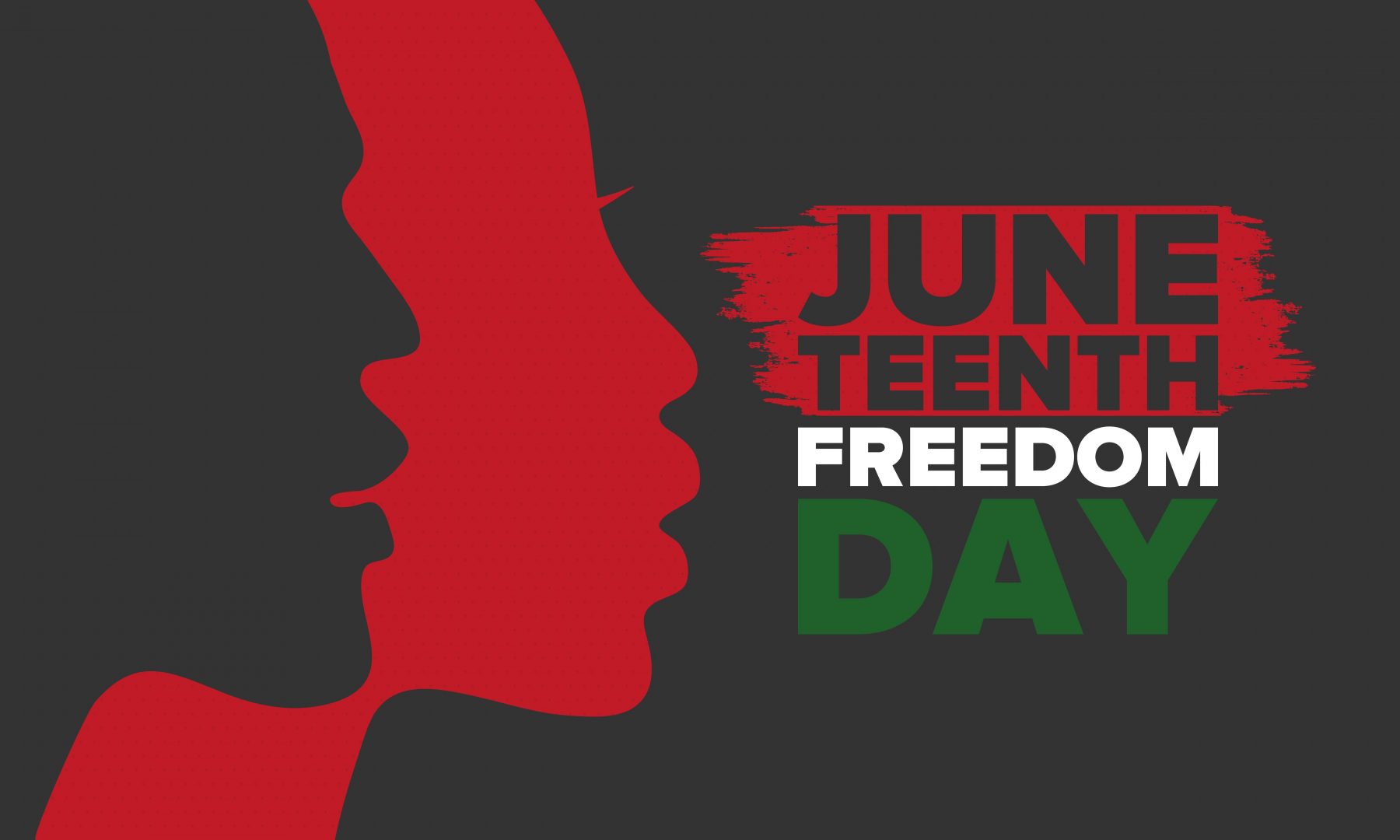
Although many know about Juneteenth and that is celebrated nationally, it has just been made a federal holiday.
On June 19, 1865, the slaves in Galveston, Texas were “informed that, in accordance with a proclamation from the Executive of the United States, all slaves are free. This involves an absolute equality of personal rights and rights of property between former masters and slaves, and the connection heretofore existing between them becomes that between employer and hired labor. The freedmen are advised to remain quietly at their present homes and work for wages. They are informed that they will not be allowed to collect at military posts and that they will not be supported in idleness either there or elsewhere.”
These were then labeled as “General Orders, Number 3,” which were delivered by Maj. Gen. Gordon Granger.
Many Black communities in America know and celebrate the date. However, many more may need some basic information pertaining to how to celebrate this date and enshrine it into a family tradition. Here are a few ideas.
Have family reunions on this day
The easiest thing to do to celebrate this holiday is for Black people to schedule their family reunions on this day. Not only do Black family reunions function as collective get-togethers, they also are an expression of how to preserve family culture and traditions, share information, and celebrate each member that makes up the family. These events are not just about playing spades and eating grandma’s pound cake, it’s much more profound than that. Having a family reunion on Juneteenth would be a great way to cement the holiday in the regular holiday traditions of the Black family. Large formally organized family gatherings in the Black community have historical and cultural roots.
Read and learn more on this day about slavery and Black history
Very few Black people know about slavery unless it is surface-oriented. Juneteenth can be a day in which the entire family can get together to learn and study more about the collective history of Blacks in America pre and post-slavery. Books like Storm So Long: The Aftermath of Slavery, by Leon Litwack, From Slavery to Freedom by John Hope and The Peculiar Institution by Kenneth M. Stampp, are great resources and must-reads for any person in America, especially Blacks.
Begin documenting a family tree and history
When family is around it is no better time to discuss family history and lineage. Many of the younger generation who may know of relatives through pictures only will gain immensely from this. Telling stories and recording them for prosperity will also go a long way to sustaining Black family traditions.














